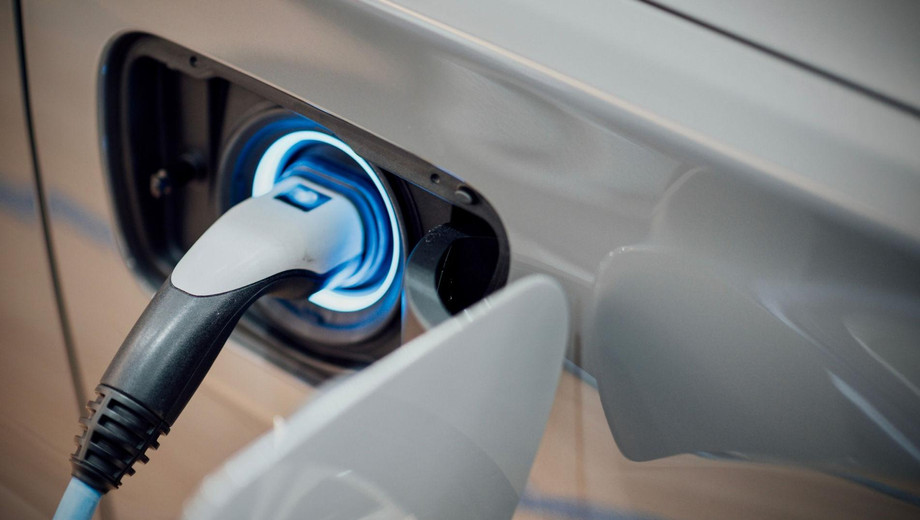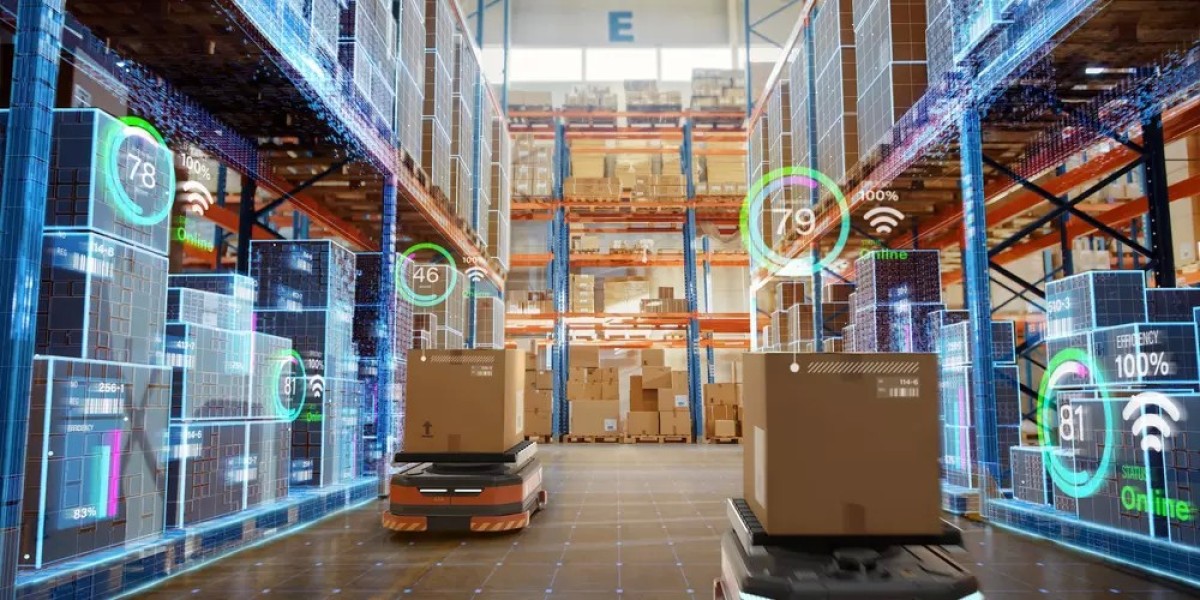As the world shifts towards sustainable transportation solutions, electric vehicles (EVs) have gained immense popularity. One of the key aspects of owning an EV is ensuring access to a reliable charging infrastructure. Installing an electric vehicle charger at your home or business is a significant step towards reducing your carbon footprint and enjoying the convenience of EV ownership. In this comprehensive guide, we will explore the essential considerations, steps, and benefits of electric vehicle charger installation.
Assessing Your Charging Needs
Before diving into the installation process, it's crucial to assess your charging needs. Consider the following factors:
Vehicle Type: Different EV models have varying battery capacities and charging requirements. Research your specific vehicle's charging capabilities to determine the charger type needed.
Daily Driving Habits: Evaluate your daily driving distance and the frequency of charging. This will help determine the charger's power output and whether a Level 1 or Level 2 charger is suitable.
Location: Decide where you want to install the charger – at home, a workplace, or a public location. Each scenario may have different requirements and considerations.
Choosing the Right Charger
Once you've assessed your charging needs, it's time to select the appropriate charger. There are two primary types of chargers for residential use:
Level 1 Charger (120V): Level 1 chargers use a standard household outlet and are suitable for overnight charging. They provide roughly 2-5 miles of range per hour of charging.
Level 2 Charger (240V): Level 2 chargers offer faster charging speeds and are commonly installed at homes. They can provide around 10-60 miles of range per hour, depending on the charger's power output.
Obtaining Necessary Permits
Before installation, you may need to obtain permits and approvals from your local government or utility company. This process can vary depending on your location and the charger's installation type. It's essential to research and comply with all local regulations and requirements.
Hiring a Professional Electrician
Installing an EV charger involves electrical work, so it's crucial to hire a licensed and experienced electrician. They will ensure the charger is safely and correctly connected to your electrical system. Your electrician will also perform a load analysis to ensure your electrical panel can handle the additional demand.
Charger Location and Mounting
Select a suitable location for your charger. It should be easily accessible, protected from the elements, and positioned close to your EV's charging port. Your electrician will mount the charger securely and ensure proper wiring and conduit are in place.
Electrical Panel Upgrades
Depending on your electrical panel's capacity, you may need upgrades to accommodate the charger's power requirements. Your electrician will assess this during the installation process and make necessary upgrades if needed.
Charger Connection and Testing
Once the charger is installed, it will be connected to your electrical system and tested to ensure it functions correctly. This includes verifying that the charger communicates with your EV and delivers the expected charging speed.
Smart Charging Features
Many EV chargers come with smart features such as Wi-Fi connectivity, smartphone apps, and scheduling options. These features allow you to monitor and control your charging remotely, optimize energy usage, and take advantage of off-peak electricity rates.
Cost and Incentives
The cost of EV charger installation varies based on factors like charger type, electrical system upgrades, and labor costs. However, it's worth noting that there are often incentives and rebates available from governments and utility companies to offset installation expenses. Research these opportunities to maximize your savings.
For More Info:-
Mg ev charger installation melbourne
Polestar charger installation melbourne









